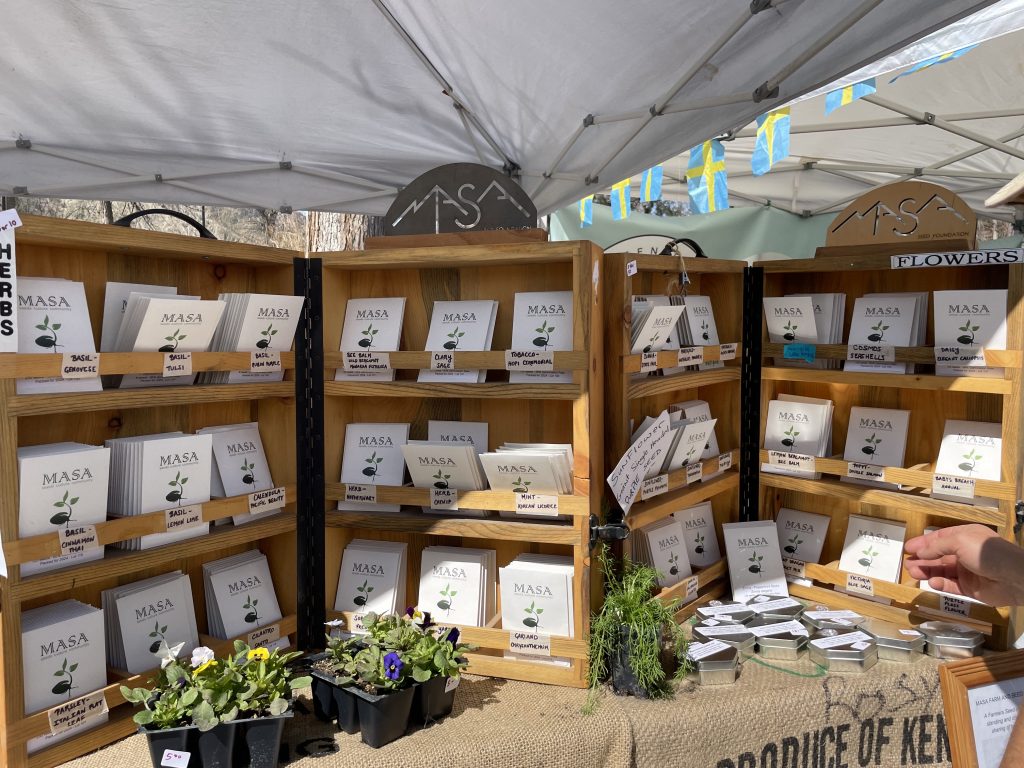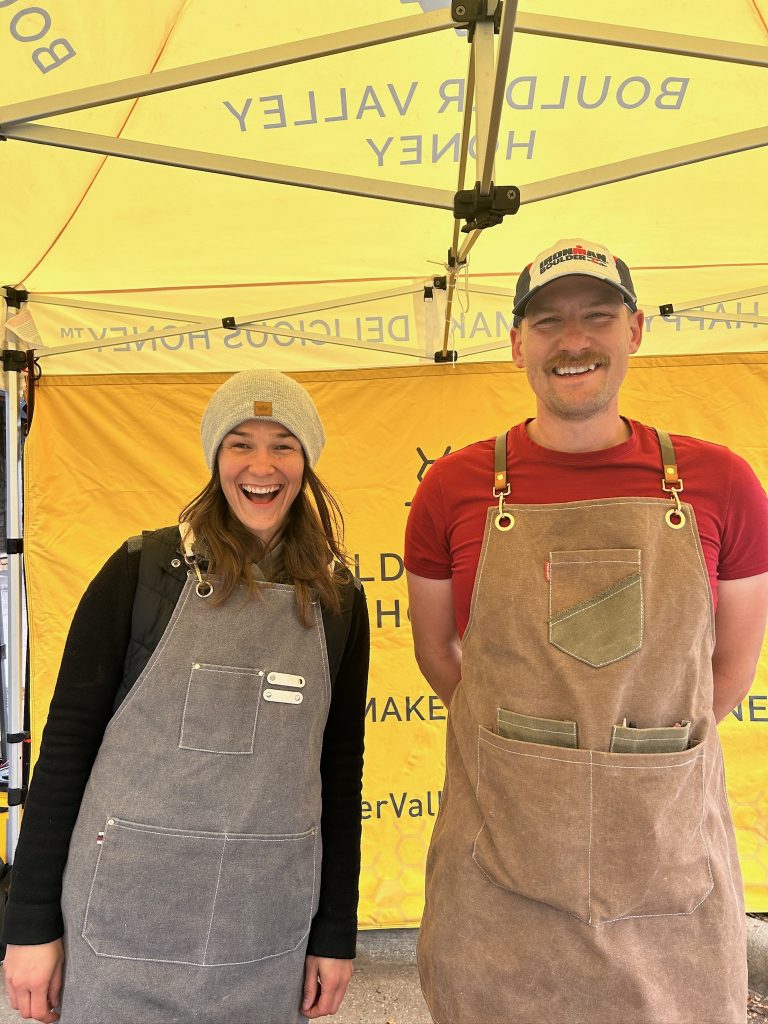Small Farms Have Big Impacts for our Planet
Earth Day is coming up, which is a day for us to demonstrate our support for protecting the environment. A commitment to protect the environment looks different for everyone, some folks focus on reducing waste, while others prioritize protecting natural spaces, and many others invest in renewable energy sources.
This just goes to show that there are ways to decrease our impact on the environment in every facet of life – including farming. While you may have heard the ways in which industrial farming can use excessive water, damage natural ecosystems, and produce copious amounts of methane, farmers around the world are reexamining these harmful practices in order to come up with a solution to meet the urgent climate crisis.
Specifically, small, local farms have the ability to have a positive impact. This week, in honor of Earth Day, we want to highlight the ways that a few Boulder County farms are taking their farming practices to the next level and not only decreasing their impact on the environment, but leaving the land better than they found it.
Grama Grass & Livestock
The priorities of this ranch in Boulder are clear from their name alone. Grama comes from a genus of grasses native to the American West and captures their mission to return the land here to its native prairie ecosystem.
They do this by moving their cattle frequently, allowing pastures to rest for long periods of time. This fertilizes the land and stimulates perennial grasses to regrow – imitating the way bison once moved throughout the prairie. They say that this improves soil health, sequesters carbon, and regenerates landscapes to a more balanced and native state.
The ranchers at Grama Grass & Livestock also have a strong focus on community partnerships as a key pillar in land stewardship. Working with both private and public land owners to improve their land, they become more resilient, combating invasive weeds and working towards a more native prairie.

MASA Farm & Seed Foundation
A produce and flower farm based in Boulder, MASA Farm & Seed Foundation is working to build a bio-regional seed bank. This means that they preserve the seeds that are the most adaptable to climate shifts in the Front Range.
The purpose of creating a bio-regional seed bank is to work towards a deeper sense of regional food sovereignty – giving people access to healthy and culturally appropriate food, as well as agency in their food systems. Saving seeds from the most resilient plants each season is not a new technique, it is what all farmers 100 years ago practiced. It takes great care and intention, a constant awareness of the land, your plants, and how they interact.
The mission driven nature of their farm has led MASA Farm & Seed Foundation to participate in a farm to food bank program, donating food to those who need it. They also encourage folks to grow their own food, connecting them to the land that their food comes from.

Boulder Valley Honey
The beekeepers at Boulder Valley Honey embrace the natural environment in Boulder County as an asset, rather than something to change. The honey bees that produce their mouthwatering honey forage as far as five miles from their hives. This produces honey with a flavor unique to the flora of the area.
Ensuring their bees are in their natural habitat, the beekeepers create their own beehives with Colorado timber. And, while the honey bees use the local flora to create honey, wild flowering plants depend on these bees for pollination. In this way, the bees are maintaining the ecosystem that serves them – and by proxy us, with their delicious honey.
Not only do they embrace the natural ecosystem at Boulder Valley Honey, they are also focused on sustainability in their practices. Having good ecosystem management is essential to creating an environment for healthy, happy bees. Additionally, working with local manufacturers, they produce environmentally safe packaging locally, decreasing the distance materials have to go before they reach the customer.
Leaving it better than they found it
As these local producers show, there are many ways to be an environmental steward through food production. What each of them have in common, however, is that they are using their practices to leave the environment better than they found it.
Through grassland restoration, food sovereignty work, and respect of existing ecosystems, these businesses work with their community and the environment around them to serve people, animals, and the planet. These models of how to care for all that is living on earth show us that your impact doesn’t have to look the same as someone else’s to be meaningful.
So, this Earth Day, think about what you can do and who you can support to show your commitment to the environment – no matter how big or small.
